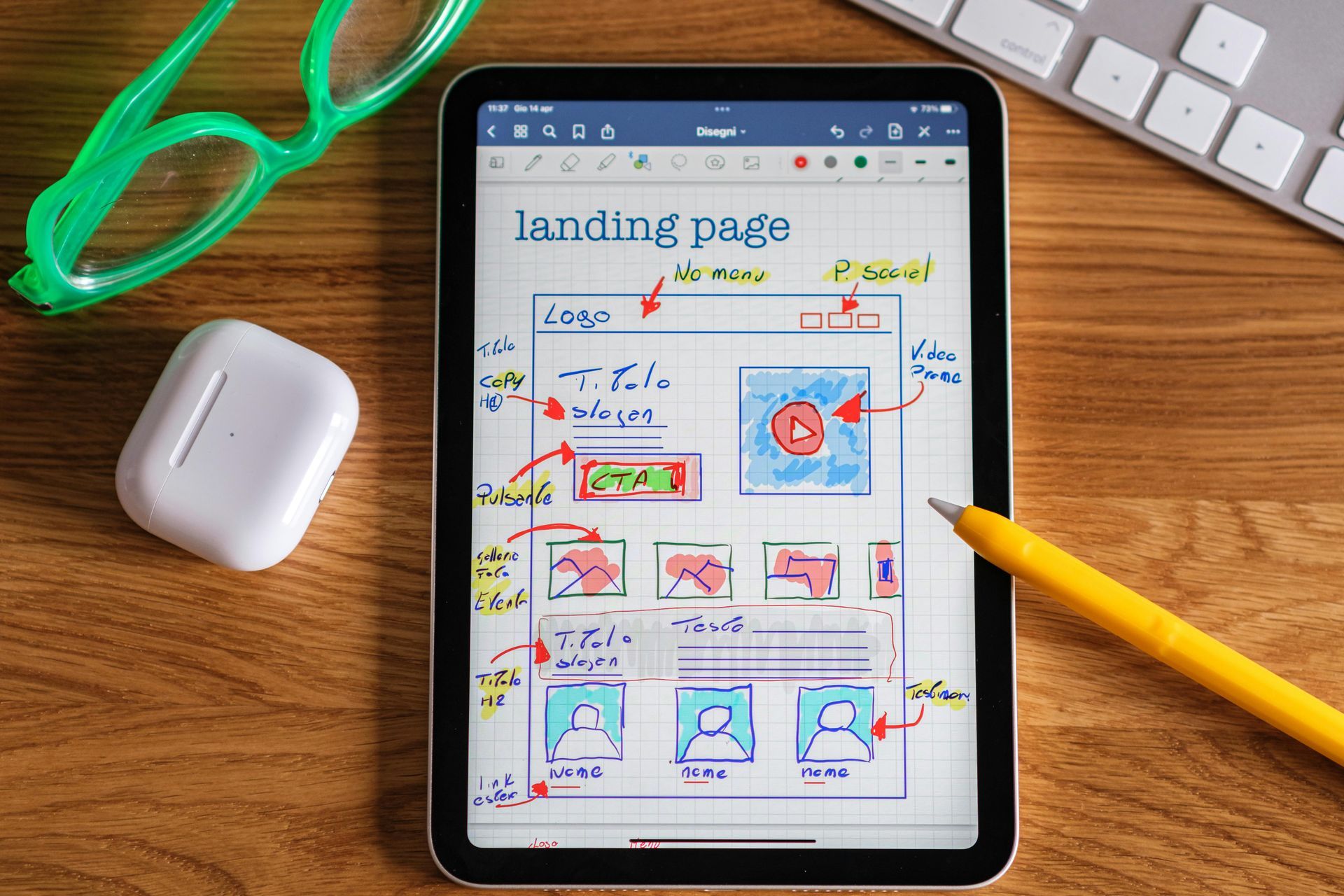“With GSS, we meet our franchisor requirements on time and with accuracy. The local CPA could not handle our volume. We are so happy to have made the change. GSS knows our business and our franchisor requirements.”
Multi-Unit Firehouse Sub Owner
After years of working with restaurants, franchises and QSRs large and small, Global Shared Services is uniquely positioned to provide superior accounting and financial services—priced below market but designed to perform above it.

Deep Expertise in Restaurant Accounting!
Above-Market Service, Below-Market Prices
The Ability to Easily Scale
Clear and Proactive Communication

Our services are tailored for any business need. Need something different?
Our basic accounting services are the ideal foundation for restaurant success.
Financial Statements
Bank Reconciliations
Accounts Payable
Sales Tax Processing
We’ll cover the full spectrum of payroll services—so you don’t have to.
Managed Payroll
ACA Reporting
Document Management
More
Take your performance up a notch with key insights to grow your business.
Strategic Dashboard
Customized Business Reporting
Dedicated Analytics Team
More
You deserve accountants who put in the work to get great results. The Global Shared Services team is committed to delivering.

We have a range of plans that are suited to your business needs and goals.
Talk to our experts about your unique needs. We’ll formulate a custom approach.
Global Shared Services takes the hard work off your plate, so you can focus on the bigger business strategy.
Global Shared Services, restaurants and franchises are our specialty. But we also have deep experience in a variety of other businesses.

GSS offers streamlined accounting solutions tailored for individual restaurants, focusing on optimizing financial health and growth.

We help you outsource accounting services to make franchise processes more efficient and affordable and get the expert-level insight your business needs to grow.

We deliver comprehensive accounting solutions for corporations in a variety of industries, enhancing financial management and growth with efficient, scalable services.
“With GSS, we meet our franchisor requirements on time and with accuracy. The local CPA could not handle our volume. We are so happy to have made the change. GSS knows our business and our franchisor requirements.”
Multi-Unit Firehouse Sub Owner
“As we grew from 10 to 80 units, our reporting requirements grew in complexity and our volume became overwhelming to manage in-house, GSS was able to scale efficiently with us - matching the skill level needed in each step of growth.
Multi-Unit Taco Bell CEO
“We selected GSS because of its exceptional scalability and its ability to support advanced reporting and analysis at an unbeatable cost.”
Multi-Unit Jimmy John's Owner
“We started with GSS because we had 300% turnover in our CFO role. We had IRS audits and a default with our lender for reporting requirements. Within four months of working with GSS, these issues were resolved, and we got back to the business of running our restaurants. We feel protected working with GSS.”
Multi-Unit Fast Casual Chicken Restaurant CEO
“GSS’s unique background in corporate accounting allowed us to build a shared services team with GSS’s team at the center led by our senior staff. This high-powered group provides corporate services used by our multiple entities managing over 400 restaurants. We could not find an operator with GSS’s depth of talent and cost efficiencies.”
Multi-Brand, Multi-Unit COO
“Working with GSS has been a great partnership. They keep us compliant with our franchisor and save us money.”
Multi-Unit Burger King Owner
“GSS’s take the guesswork out of the back office. They bring the best technology for restaurants and their first-rate staff are a pleasure to work with.”
Multi-Unit QSR Operator
“GSS delivers a service we count on for running our restaurant business. They are accurate, prompt and always communication clearly.”
Multi-Unit Full-Service Restaurant CFO


See how we can help.

Keep up-to-date with all things GSS by signing up for our newsletter.
By subscribing you agree to our Privacy Policy.

Get news and valuable insights with the GSS newsletter.
By subscribing you agree to our Privacy Policy.
All Rights Reserved | Global Shared Services